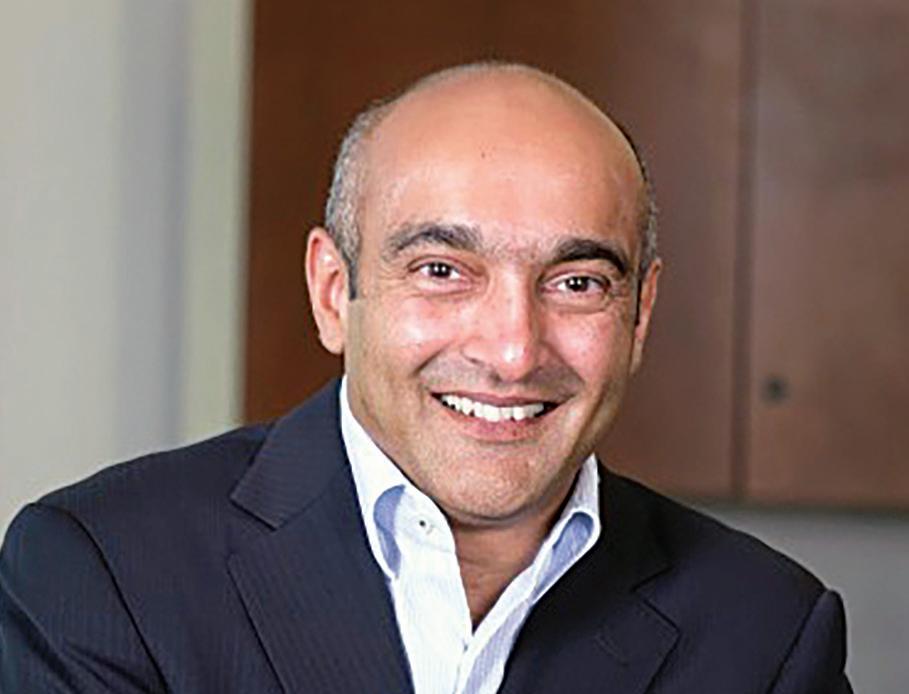PHARMACY IN THE College of Pharmacy alumni find compelling opportunities in government ranks B Y
D A N I E L
P .
S M I T H
Among the UIC College of Pharmacy’s vast network of some 10,000 alumni, a growing number are making contributions, leading innovative efforts, and driving care in the public sector. Scattered across the government ranks at places such as the U.S. Food and Drug Administration, the Centers for Disease Control and Prevention, and the Veterans Health Administration, College of Pharmacy alumni are dictating medication protocols for thousands, if not millions, of individuals, running research programs related to drug safety and outcomes, and shaping wide-reaching policy that impacts care for large populations. For UIC College of Pharmacy dean Glen Schumock, those professional endeavors stand as an incredible source of pride. “We are always proud of our alumni that make contributions and lead in their respective areas, and for those doing so in the public sector, it is perhaps more so because of the altruistic motivations that often govern such work,” Schumock says. “We take satisfaction in knowing that the College of Pharmacy contributed in some way to their careers and the wide impact their efforts have on improving human health.” While not the traditional path many former College of Pharmacy students, residents, and fellows pursue, public sector work has emerged a more appealing and well-traveled path over recent years—and for a multitude of reasons. Some alumni, for instance, see greater practice opportunities in the public sector or are intrigued by the prospects of moving around the country
22
T H E P H A R M A C I ST
P H A R M A C Y.U I C . E D U
to maximize their career trajectory. Others, meanwhile, are drawn to public service and the opportunity to help more people and, in particular, vulnerable populations without the threat of cost-benefit analyses or corporate profitability overrunning decisions. To be certain, however, public sector work presents its challenges. It requires pharmacists consciously shift their focus from the specific problems of an individual to care for an entire population, while also demanding pharmacists divorce themselves from their personal beliefs in the name of making objective, fact-based decisions. “Working in the public sector, you need skills and perspectives that allow for long-range, big-picture thinking as well as the patience to deal with bureaucracy,” Schumock allows. Through the electives, mentorship, extracurriculars, and other opportunities the College of Pharmacy provides, including access to competitive residencies and fellowships, Schumock says, the College fosters the necessary skills and mindset for alumni to thrive in the public sector. “UIC opens the door for our alumni to excel in these types of positions with government agencies,” he says. And excel they do.






